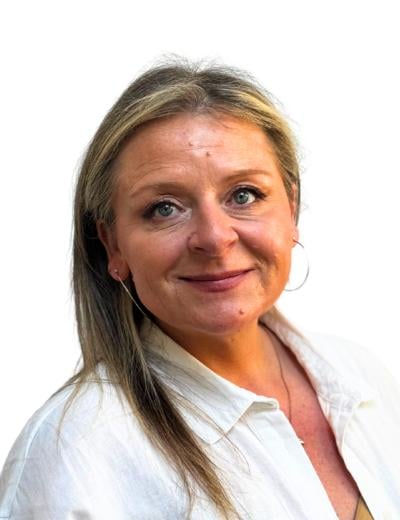My specialist experience working with young people with SEN to develop trusting and meaningful relationships
Often, the young people I support have faced significant hurdles in traditional
school settings. I believe a holistic approach, sparked by a child’s own
passions, is the best way to foster a true sense of safety and trust. I set
high expectations alongside achievable goals that my learners can truly
believe in. Our initial sessions focus on relationship-building; I want to
discover what makes your child shine while I learn about their unique
strengths and needs. I am highly responsive to each individual, ensuring
they feel understood and never judged.
My experience working with young people with ASC
I have supported a wide range of learners, focused on pupils who are
autistic or have social communication needs. I hold specialist
qualifications that allow me to create a “stumble-free” environment. I
carefully plan every session to remove barriers before they arise, using
sensory circuits and visual supports to ensure the day feels predictable.
By blending structure with a child’s specific interests, I help children
focus on their “superpowers.” For older learners, I am experienced in the
PEERS intervention to help build lasting friendships.
My experience supporting young people with a PDA profile
Over many years, I have developed expertise in supporting children with a
PDA profile. I understand that what may appear as resistance is often a
need for safety and autonomy. My approach is flexible and low-arousal,
using declarative language and choice to reduce pressure. This keeps
engagement high and helps your child feel empowered to learn at their
own pace while building a relationship based on trust.
My experience working with young people with anxiety
For many students, anxiety is a significant barrier to education. I believe
that for a child to thrive, they must feel heard and safe. I prioritise
emotional safety through regular check-ins and by “modelling” mindfulness
techniques. Together, we explore what we can and cannot control,
helping your child build a personalised “resilience toolbox” of practical
life skills they can rely on for years to come.
My experience teaching Primary English
As a qualified dyslexia specialist, I understand that language development
requires a diverse range of learning experiences. While phonics is
important, I believe in building a broader foundation for neurodivergent
young people. I use multi-sensory strategies, tactile tools, and visual
aids tailored to how your child’s mind works. My goal is to remove the
frustration associated with literacy and transform reading into a
successful and pleasurable experience.
My experience teaching Primary Maths
I focus on moving beyond the pressure of traditional “classroom maths”
to focus on Functional Skills for independence. We transform maths from
abstract puzzles into useful life skills, such as managing a payslip or
planning a travel route. By using real-life scenarios that match your
child’s interests, we break down the “maths wall” and focus on logic
rather than rote memorisation, creating a low-pressure environment.
My experience teaching social communication skills
I have extensive experience supporting children with complex speech,
language, and motor coordination needs. I liaise closely with therapists
to ensure specialist targets are woven naturally into our sessions. Using
interventions like Colourful Semantics, WIP, and WIG, I tailor support to
your child’s interests. Whether practicing “real-world” social skills or
building sentence structures, my goal is to reduce frustration and
build confidence in their own wonderful abilities.
My experience developing confidence and self-esteem
A young person’s well-being is at the heart of every activity. I build
rapport by exploring what your child loves and where they feel most
capable. When a young person takes ownership of a new skill and sees
their own progress, the boost to their self-esteem is powerful. This
newfound confidence inevitably ripples out into their life beyond our
sessions, driving further educational progress.
My specialist experience providing engaging sessions
I am an empathetic professional dedicated to helping children thrive through
bespoke sessions. My style is intuitive and flexible; I often integrate
drama and role-play to keep engagement high. I actively seek advice
from parents to incorporate home strategies into our work. My ultimate
goal is always to promote trust, flexibility, and a genuine love for
discovery through sharing in the pride of a learner’s progress.
My experience supporting young people to develop independence
I help young people break down complex tasks like self-advocacy and
daily living into manageable steps with clear visual support. A major
part of this is fostering self-awareness; I help your child understand
their own profile. By practicing these skills in our safe environment,
they learn to communicate their needs respectfully and assertively,
ensuring they are prepared for a successful, independent future.









